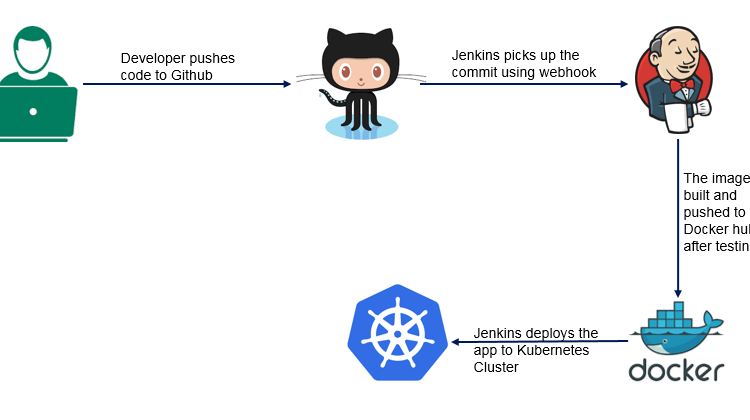Unlocking DevOps: A Beginner's Journey
A Beginner's Guide to Understanding DevOps Concepts and Tools
Hey there! Imagine you're in a race to create awesome software, but you want it to be top-notch and ready to use as fast as possible. That's where DevOps steps onto the scene. It's not just a fancy term; it's a bunch of clever methods and handy tools that make it easier for companies to make and release software smoothly
So, picture this: you have this toolbox called DevOps, and inside, you've got all these cool techniques and tools. They're like your weapons for making software quickly and making sure it works really well.
In this simple guide, I'll walk you through DevOps step by step, like we're having a chat over coffee. We'll talk about what it is and why it matters, and I'll show you some of the must-know tools that make DevOps work like a charm. So Get your coffee ready because we are diving in!!

What is DevOps?
Wait Wait !! I know you have now got a little idea about DevOps but hear me out talking professionally this time.
DevOps is a term formed by combining "Development" (which means creating software) and "Operations" (which means taking care of software when it's up and running). It's all about making things better in the world of software. See, usually, the folks who make the software (developers) and the ones who make sure it runs smoothly (operations) often work separately. DevOps wants to change that. It's like building a bridge between them. Imagine you're making a pizza. DevOps is like having the pizza maker and the oven expert work together seamlessly. The main goal? To serve up that pizza faster, tastier, and with fewer burnt edges(I hate burnt edges).
DevOps aims to optimize the entire software development and delivery process, from start to finish. It's like a streamlined assembly line for software, ensuring that it's not only produced faster but also with higher quality and precision.

Key Concepts of DevOps
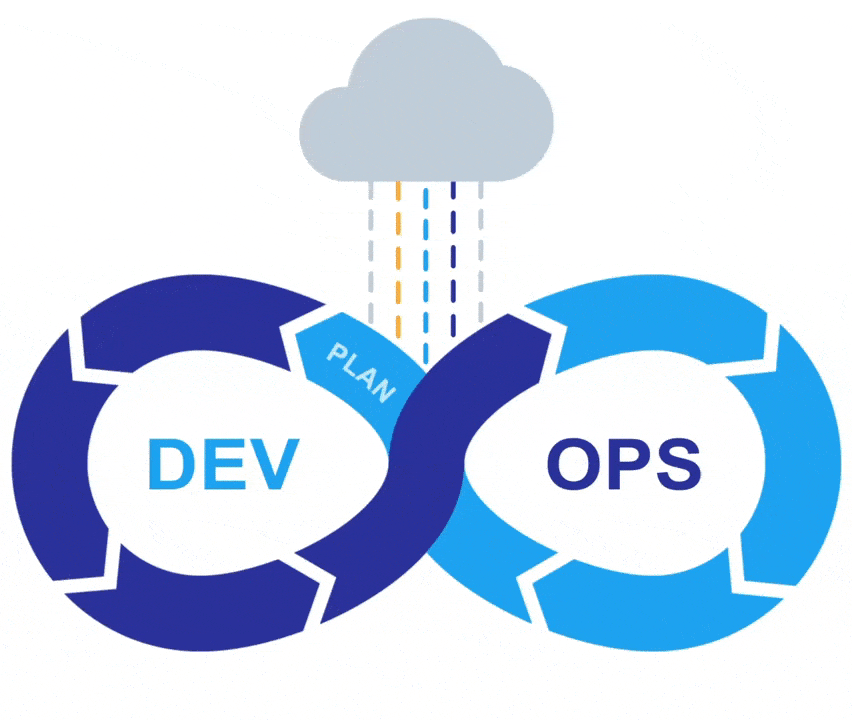
Let's understand some Key Concepts of DevOps which will give you a better understanding of DevOps as a whole !!
Continuous Integration (CI):
CI is the practice of frequently merging code changes into a shared repository, where automated tests are run to ensure code quality. Tools like Jenkins, Travis CI, etc. facilitate this process.....Sounds Confusing? Now Think of Continuous Integration (CI) as a team of software developers working together on a big project. They regularly put their code changes in a central place, like a shared folder.
Now, to make sure their code is top-notch, they have a group of robot testers that check the code automatically. If the code passes these tests, it's good to go. If not, the developers need to fix it. So, CI is all about keeping the code clean and ready for action!

Continuous Delivery (CD):
CD extends CI by automatically deploying code changes to production or staging environments after passing automated tests. It's like the next step after Continuous Integration (CI). It's when your software is all polished up and ready to go live.
It automatically sends your code to where it needs to be, like the real-world website or app, without any human intervention. To make this happen, we have helpful tools like Jenkins, GitLab CI/CD, AWS, etc. They're like the supervisors that make sure your code safely reaches its destination, whether it's a live website or a test area. CD ensures your software is always up to date and working smoothly for users.

Automation :
Automation is at the heart of DevOps. It involves automating repetitive tasks, such as code deployment, server provisioning, and infrastructure configuration. Think about repetitive tasks, like setting up servers, deploying code, or configuring the tech behind the scenes. Instead of doing these tasks manually, we have special tools like Ansible, Puppet, and Chef. They're like our trusty helpers. You tell them what to do once, and they'll do it over and over without getting tired. This way, we save time and avoid mistakes while keeping everything running smoothly. Automation is the secret sauce in DevOps!

Monitoring and Feedback:
DevOps emphasizes continuous monitoring of applications and infrastructure to detect issues early. Monitoring tools like Prometheus and Grafana provide insights into system performance and user behavior, allowing for quick responses to problems. These tools act like detectives, always looking out for any trouble. They help us see how well our software is doing and how people are using it. If something seems off, we can quickly jump in and fix it. It's like having a safety squad that keeps our software running smoothly, so we can keep our users happy.
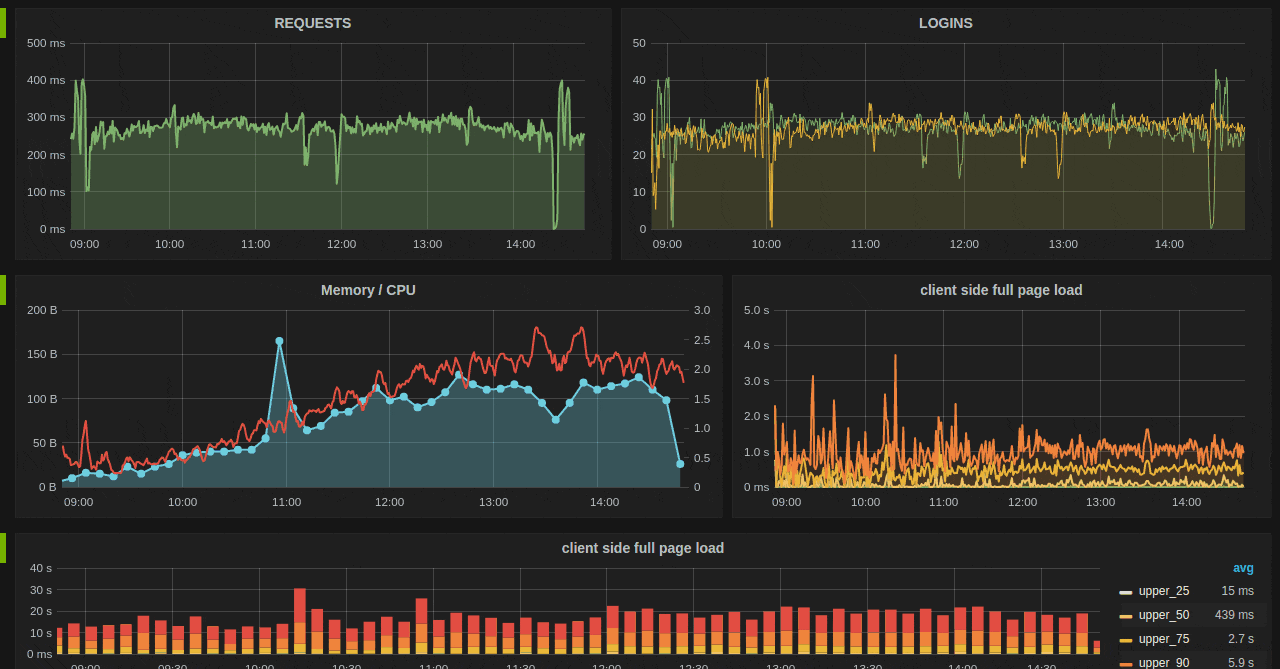
Version Control:
Version control systems (VCS), such as Git, help manage code changes and track the history of codebase modifications. Git is widely used and integrated into various DevOps tools. It is like a time machine for your code. It tracks changes, so you can see who did what and go back if needed. Lots of DevOps tools use Git because it's super reliable and organized.

Understanding DevOps Tools:
DevOps tools aren't just fancy technical terms; they're like the special ingredients that make cooking up software easier and better. In this easy-to-understand guide, we're going to explore some important DevOps tools and why they're super important in the world of software development.
Jenkins: The Automation Wizard
Imagine having a tireless assistant who handles all the repetitive tasks in your software project. That's Jenkins for you! Jenkins is an open-source automation server that specializes in Continuous Integration and Continuous Delivery (CI/CD) pipelines. It takes care of building, testing, and deploying applications automatically. With Jenkins on your side, you can save time and ensure that your software is always ready for action.
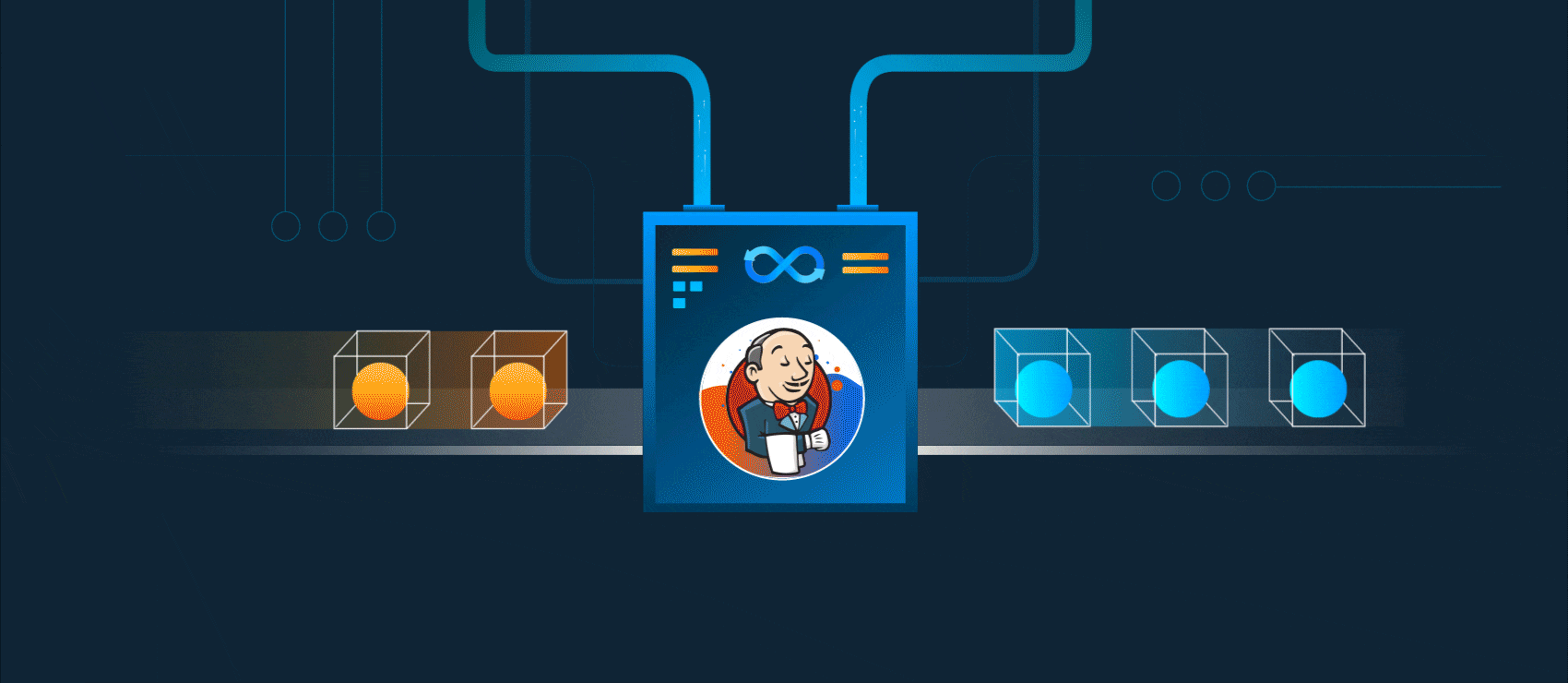
Git : The TimeMachine
Now, picture this: you're working on a big project with a bunch of people, and everyone's making changes to the code. How do you keep track of who did what and when? That's where Git, a special tool, comes to the rescue. Git is like a time machine for your code; it remembers every change and helps lots of developers work together smoothly. It's like having a shared notebook where everyone can write their part of the story.

Docker: The MUST
Ever wished you could put your application and all the stuff it needs in one neat box? Docker makes it happen! Docker is like a magic container that keeps your application and everything it needs safe and tidy. This container works the same way on your computer, in tests, and in the real world when people use it. So, you can be sure it will always run perfectly whenever someone uses it despite all odds.
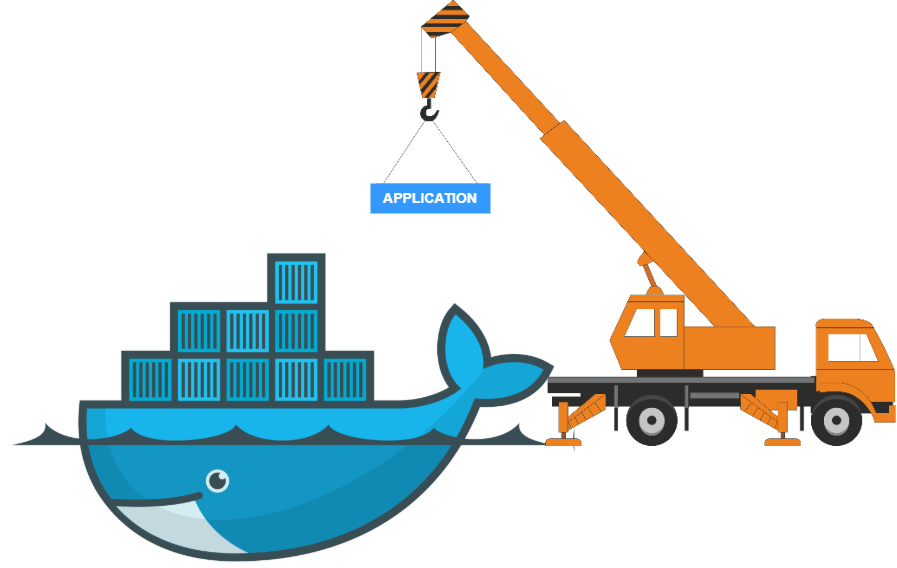
Kubernetes: Our Sailor
Think of Kubernetes as the captain of a fleet of ships carrying your applications. Docker works great whenever you have to containerize applications but Kubernetes is an expert at managing all those containerized applications simultaneously, making sure they're always available and reliable. Just like a good captain, Kubernetes handles things like balancing the load and making sure your applications can grow and scale when needed.
It may sound perplexing if you are a beginner so you can Ignore Kubernetes until the time you gain some experience in DevOps.
Ansible: The Automation Pro
Servers are basically large computers that may or may not belong to us, When it comes to setting up servers, and putting your applications on them (Since our personal computer cannot all the time we deploy our applications/websites on these servers ), and doing all those repetitive tasks, Ansible is your go-to expert. Ansible speaks a language we can understand, so it makes it easy to tell it what to do. It takes care of all the boring stuff, making sure everything is set up just right.

Cloud Service Providers: AWS, Azure, and GCP
What if you don't have your own servers to host your applications? This is the time when Cloud Service Providers come into play. Cloud service providers are like the landlords of the internet. They offer places(Servers) to put your software and computer stuff. Services like AWS, Azure, and Google Cloud are like super-powered places where your software can live and grow. They're a big help in modern software making.

To sum it up, these DevOps tools are like behind-the-scenes Agents. They make software creation and sharing faster, more reliable, and easier. As you dive deeper into the world of software making, getting to know these tools will be your key to creating amazing software solutions.
What's Next?
If you are still reading this Blog, Congratulations! you have now uncovered the basics of DevOps and it's time for you to put your knowledge into use!
The best way to learn DevOps is by doing it. Start with small projects, set up your own CI/CD pipelines, and practice using DevOps tools. Hands-on experience will deepen your understanding and confidence in applying these principles to real-world scenarios. Exploring cloud services is also a valuable step. Cloud platforms like AWS, Azure, and Google Cloud offer DevOps-friendly services and resources. Understanding how to leverage these platforms can be a game-changer in terms of scalability and flexibility.
Stay informed about industry trends and new tools through blogs, conferences, and networking. Don't hesitate to experiment with new approaches and tools, as innovation is a cornerstone of DevOps. Lastly, understand that DevOps is a continuous journey, It may seem difficult in the beginning but things will start making sense with time.
because this is what a developer looks like without DevOps !!

Conclusion!
Thank you for taking the time to read this blog. Your interest and engagement mean a lot. I hope you found the information valuable and that it helps you on your DevOps journey. If you have any questions or feedback, please don't hesitate to reach out. Your continued support is greatly appreciated!


